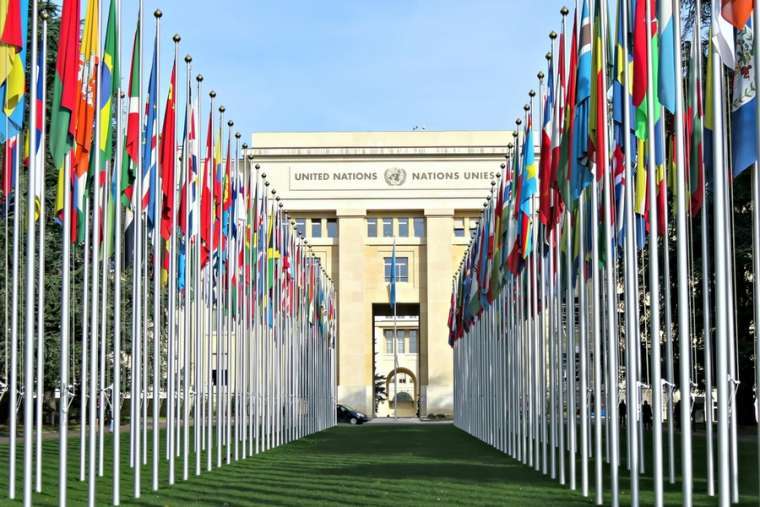A human rights group in Cuba criticized the election of China, Cuba, and Russia to the UN Human Rights Council, despite the history of authoritarianism and significant human rights abuses in each country.
“The undeserved election of the Cuban totalitarian regime for a seat on the Human Rights council is an undue and dangerous recognition of a failed state that exhibits an extensive history of human rights violations,” said Eduardo Cardet, national coordinator for the Christian Liberation Movement (CLM).
The CLM is a democracy and human rights advocacy group founded in Cuba in 1988 by dissident Oswaldo Paya. The group has been heavily suppressed by Cuban State Security. Paya was killed in a car crash in suspicious circumstances in 2012, and Cardet was sentenced in 2017 to three years in prison on alleged charges of “attacking law enforcement, scandal and disorderly conduct.” The CLM maintains that Cardet’s sentence was in retaliation for his criticism of the legacy of Fidel Castro.
In an October 14 statement to Zoepost.com, Cardet criticized the decision of the UN General Assembly to elect Cuba, Russia and China among the 15 new members of the Human Rights Council on Tuesday.
According to its website, the UNHRC is “an inter-governmental body within the United Nations system responsible for strengthening the promotion and protection of human rights around the globe and for addressing situations of human rights violations and make recommendations on them.”
“The fact that the Human Rights Council is made up of many of the main violators on a planetary scale is a serious threat and a strong and clear warning call to all international human rights actors,” Cardet said, adding, “it is imperative to work very hard, because we are all in danger and we cannot stop acting.”
Cardet said the selection of Cuba, Russia, and China shows “structural failure and degradation of the election criteria” within the UN’s Human Rights Council. He warned that the three nations “will form a team to distort and undermine the aims and purposes of the Council.”
Regis Iglesias, a spokesman for the Christian Liberation Movement, lamented that “solidarity with those who are suffering isn’t a value” in the modern world.
“Relativism, the lack of values, the indifference and the lack of leadership in countries of the free world have caused in recent years, perhaps decades, international organizations and governments to unfortunately forget their commitment to the human person and the peoples suffering under dictatorial regimes,” he said.

